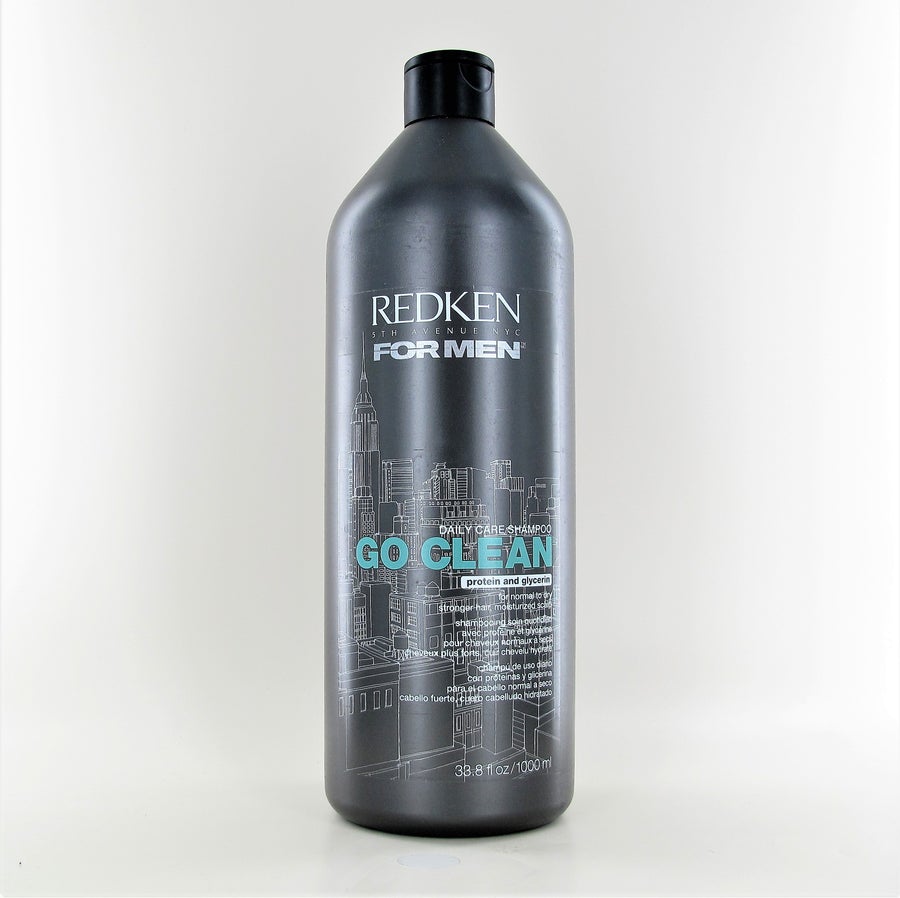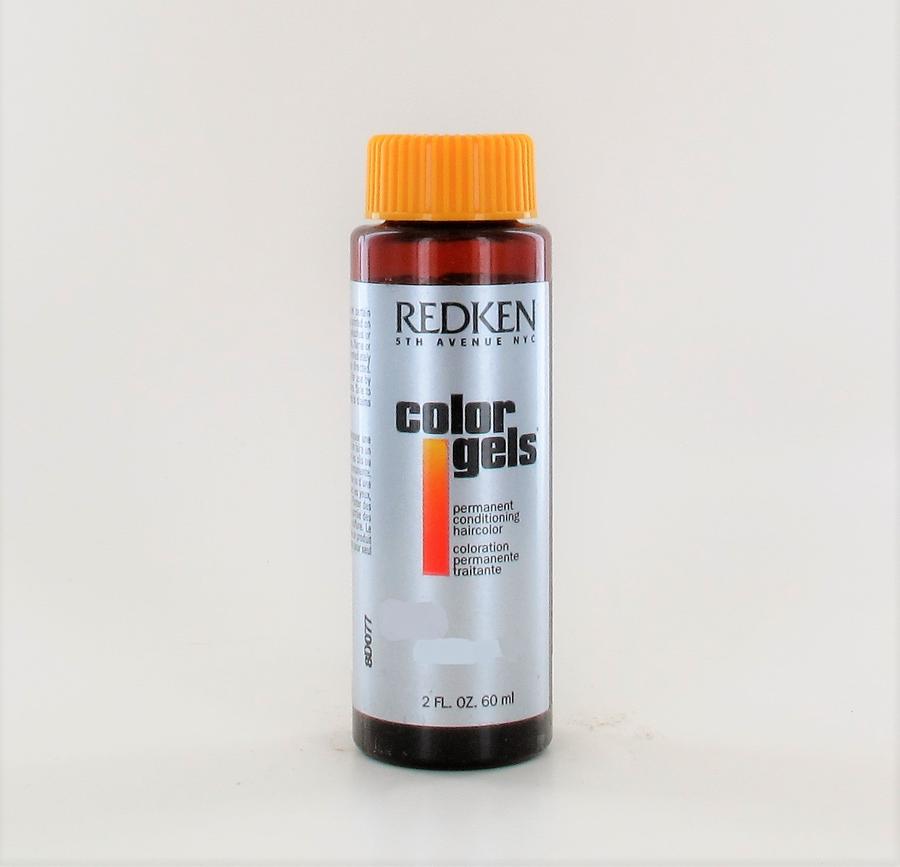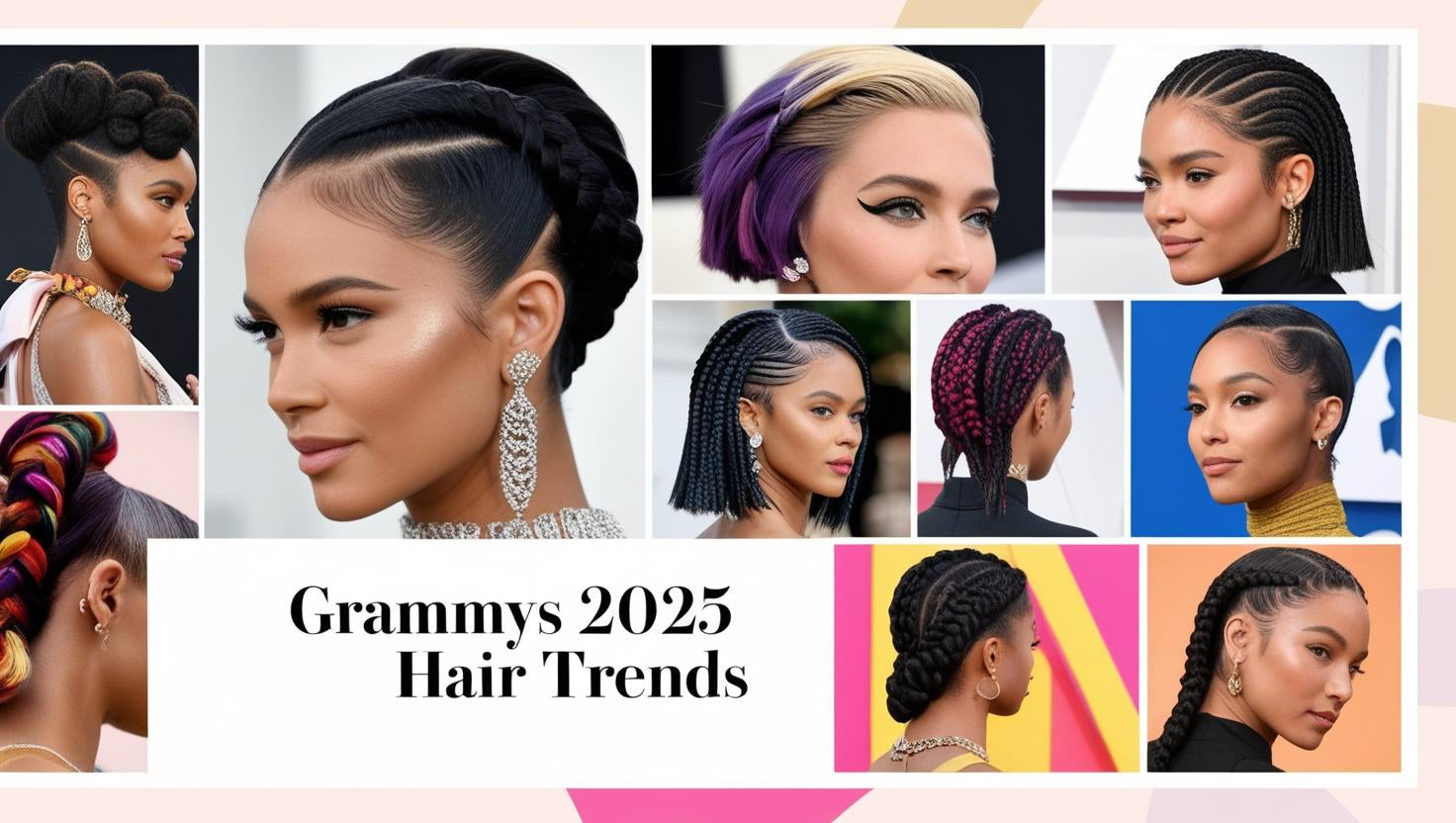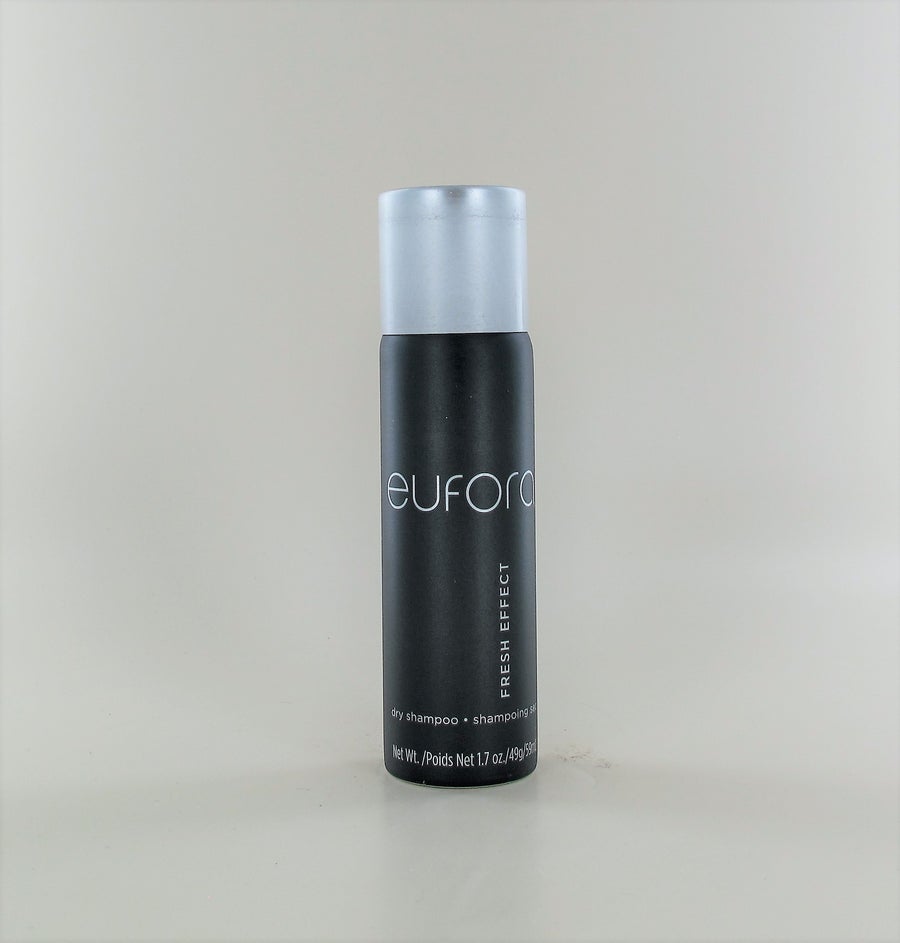How To Choose Right Shampoo?

We all desire a nice hair day, but a terrific hair day is a miracle!
Sorting the strands and making them follow takes a long time. Most of the time, they are recalcitrant because of a poor hair care routine that causes them to appear dull and twisted. Harsh chemicals can typically cause a loss of luster and weakening. We frequently spend a fortune on various fancy hair care products but fail to consider the importance of selecting a Redken go clean shampoo, which is the first and most important step in developing healthy, strong, and silky hair.
Everyone has a distinct hair type, just like everyone has a different skin type; thus, the sort of shampoo that will fit each hair type will also vary. Let's have a look at which shampoos are best for different types of hair:
Hair that is fine:
Since they are small and thin strands of hair, they tend to become greasy faster. It is best to avoid creamy shampoos in favor of clear formulations that are soft, non-creamy, volumizing and may be used on a regular basis. Milbon smooth shampoo contains chemicals such as PG-propylsilanetriol or hydrolyzed wheat protein, which increase the width of the hair shaft and make the hair seem thicker. Examine the components in shampoos and avoid those that include silicone. Silicone may be abrasive to fine hair strands.
Hair that is dry and coarse:
When dead, dry, and coarse hair becomes tangled, it is difficult to manage. Always remember to nurture it at each step of the hair care process. Choosing creamy textured and hydrating shampoos might be really beneficial. Make it a point to follow up your hair wash with a nourishing conditioner to seal in the moisture. Co-washing is a novel concept. Several people with dry hair have benefited from using this procedure. Co-washing entails just washing with a conditioner. Yes! We're talking about ditching the shampoo in favor of merely using conditioner. Shampoos are frequently laden with sulfates, which tend to strip away the hair's natural oils, leaving it parched, dry, frizzy, and unruly, resulting in an increase in split ends.
Hair that is oily:
People who have oily hair experience the same problems as others. Because there is already an overabundance of oil production on the scalp, avoid anything hydrating, moisturizing, or creamy that might add extra moisture to the scalp and instead go for something balanced and strengthening. Look for compounds like salicylic acid, which breaks down and removes excess oil.





